In the realm of processed foods, tomato paste seems innocent enough. After all, it’s just concentrated tomatoes, right? Unfortunately, the reality is far more complex. While tomatoes themselves offer a range of health benefits, the process of turning them into tomato paste can strip away many of these nutrients and pack them full of unhealthy additives. In this article, we’ll delve into the dark side of commercial tomato paste, exploring the reasons why it can be detrimental to your health and what you need to look out for when choosing tomato products. **The Process Behind Commercial Tomato Paste** To understand why some tomato paste can be unhealthy, we need to examine the process involved in its production. Commercial tomato paste is typically made by crushing tomatoes, cooking them down to remove excess water, and then straining out the seeds and skins. The resulting concentrate is then cooked further to intensify the flavor and thicken the texture before being packaged for sale. While this process may seem straightforward, it can have serious consequences for the nutritional value of the final product. The high temperatures used in cooking can destroy delicate vitamins and antioxidants present in fresh tomatoes, rendering the paste less nutritious than its raw counterpart. Additionally, the straining process removes fiber and other beneficial components, leaving behind a product that is lacking in essential nutrients. **Unhealthy Additives in Tomato Paste** Beyond the loss of nutritional value during processing, many commercial tomato paste products contain unhealthy additives that can further compromise their healthfulness. One common additive found in some tomato pastes is sugar, which is often used to balance out the acidity of the tomatoes and enhance their flavor. While a small amount of sugar may not seem like cause for concern, excessive consumption of added sugars has been linked to a range of health problems, including obesity, diabetes, and heart disease. Another common additive in commercial tomato paste is salt. High levels of sodium in the diet have been associated with an increased risk of high blood pressure, heart disease, and stroke. Consuming tomato paste that is high in salt can contribute to these health issues, especially if you are already consuming other processed foods that are also high in sodium.
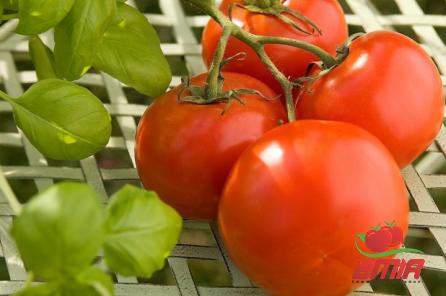
.
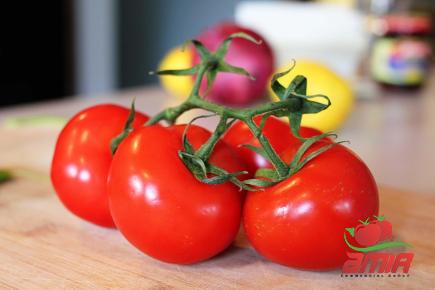 **The Dangers of BPA in Canned Tomato Paste** Many commercial tomato paste products are packaged in cans lined with bisphenol-A (BPA), a chemical that has been linked to numerous health concerns. BPA is known to disrupt the endocrine system, mimicking the effects of estrogen in the body and potentially leading to hormone-related conditions such as infertility, certain types of cancer, and developmental disorders in children. When acidic foods like tomatoes are stored in BPA-lined cans, there is a higher risk of BPA leaching into the food, exposing consumers to this harmful chemical. **Tips for Choosing Healthier Tomato Paste** Despite the potential risks associated with commercial tomato paste, there are steps you can take to ensure that you are selecting a healthier option. When shopping for tomato paste, look for products that are labeled as organic and BPA-free. Organic tomato paste is made from tomatoes that have been grown without synthetic pesticides or fertilizers, reducing your exposure to harmful chemicals. BPA-free packaging eliminates the risk of contamination from this toxic substance, giving you peace of mind when using tomato paste in your cooking. Additionally, consider making your own tomato paste at home using fresh, ripe tomatoes. This allows you to control the quality of the ingredients and preserve as many nutrients as possible. Simply blend tomatoes into a puree, simmer it down on the stove until it thickens, and then store it in an airtight container in the refrigerator or freezer for future use.
**The Dangers of BPA in Canned Tomato Paste** Many commercial tomato paste products are packaged in cans lined with bisphenol-A (BPA), a chemical that has been linked to numerous health concerns. BPA is known to disrupt the endocrine system, mimicking the effects of estrogen in the body and potentially leading to hormone-related conditions such as infertility, certain types of cancer, and developmental disorders in children. When acidic foods like tomatoes are stored in BPA-lined cans, there is a higher risk of BPA leaching into the food, exposing consumers to this harmful chemical. **Tips for Choosing Healthier Tomato Paste** Despite the potential risks associated with commercial tomato paste, there are steps you can take to ensure that you are selecting a healthier option. When shopping for tomato paste, look for products that are labeled as organic and BPA-free. Organic tomato paste is made from tomatoes that have been grown without synthetic pesticides or fertilizers, reducing your exposure to harmful chemicals. BPA-free packaging eliminates the risk of contamination from this toxic substance, giving you peace of mind when using tomato paste in your cooking. Additionally, consider making your own tomato paste at home using fresh, ripe tomatoes. This allows you to control the quality of the ingredients and preserve as many nutrients as possible. Simply blend tomatoes into a puree, simmer it down on the stove until it thickens, and then store it in an airtight container in the refrigerator or freezer for future use.
..
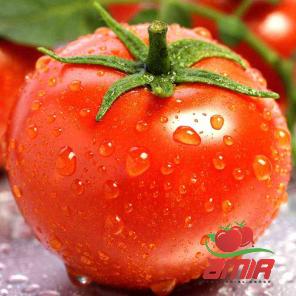 This homemade version of tomato paste will be free from additives and preservatives, ensuring that you are getting all the health benefits of fresh tomatoes in a concentrated form. **Conclusion** While tomato paste can be a convenient and flavorful addition to many dishes, not all products are created equal. Commercial tomato paste can be unhealthy due to the loss of nutrients during processing, the addition of unhealthy additives, and the potential contamination with BPA. By choosing organic, BPA-free, or homemade tomato paste, you can enjoy the benefits of this versatile ingredient without putting your health at risk. Stay informed, read labels carefully, and prioritize your health when making food choices, including selecting tomato paste for your cooking needs. **Healthier Alternatives to Unhealthy Tomato Paste** If you are looking for healthier alternatives to commercial tomato paste, there are several options available that can provide the flavor and convenience you desire without the potential health risks. Here are some alternatives to consider: 1. **Tomato Puree**: Tomato puree is made from cooked and strained tomatoes, similar to tomato paste, but it has a thinner consistency and contains more water. It can be used as a substitute for tomato paste in recipes that call for a tomato base. Look for organic and BPA-free options to ensure a healthier choice. 2. **Whole Peeled Tomatoes**: Canned whole peeled tomatoes are another alternative to tomato paste. These tomatoes are typically packed in their own juices without added salt or preservatives. You can puree them in a blender or food processor to create a homemade tomato paste substitute for your recipes. 3. **Sun-Dried Tomatoes**: Sun-dried tomatoes offer a concentrated tomato flavor and can be rehydrated and blended into a paste-like consistency.
This homemade version of tomato paste will be free from additives and preservatives, ensuring that you are getting all the health benefits of fresh tomatoes in a concentrated form. **Conclusion** While tomato paste can be a convenient and flavorful addition to many dishes, not all products are created equal. Commercial tomato paste can be unhealthy due to the loss of nutrients during processing, the addition of unhealthy additives, and the potential contamination with BPA. By choosing organic, BPA-free, or homemade tomato paste, you can enjoy the benefits of this versatile ingredient without putting your health at risk. Stay informed, read labels carefully, and prioritize your health when making food choices, including selecting tomato paste for your cooking needs. **Healthier Alternatives to Unhealthy Tomato Paste** If you are looking for healthier alternatives to commercial tomato paste, there are several options available that can provide the flavor and convenience you desire without the potential health risks. Here are some alternatives to consider: 1. **Tomato Puree**: Tomato puree is made from cooked and strained tomatoes, similar to tomato paste, but it has a thinner consistency and contains more water. It can be used as a substitute for tomato paste in recipes that call for a tomato base. Look for organic and BPA-free options to ensure a healthier choice. 2. **Whole Peeled Tomatoes**: Canned whole peeled tomatoes are another alternative to tomato paste. These tomatoes are typically packed in their own juices without added salt or preservatives. You can puree them in a blender or food processor to create a homemade tomato paste substitute for your recipes. 3. **Sun-Dried Tomatoes**: Sun-dried tomatoes offer a concentrated tomato flavor and can be rehydrated and blended into a paste-like consistency.
…
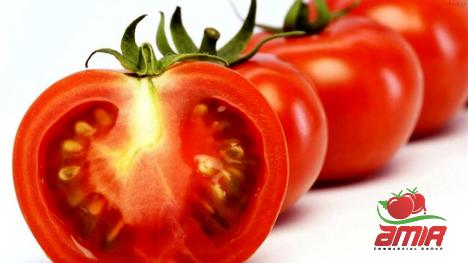 They add a rich, sweet taste to dishes and are a good alternative to traditional tomato paste. Look for sun-dried tomatoes that are free from added sugars and preservatives. 4. **Homemade Tomato Sauce**: Making your own tomato sauce from scratch using fresh tomatoes, herbs, and spices is a healthy and flavorful alternative to using commercial tomato paste. You can control the ingredients and customize the flavor to suit your preferences. 5. **Tomato Powder**: Tomato powder is a versatile ingredient made from dehydrated tomatoes that have been ground into a fine powder. It can be reconstituted with water to create a tomato paste-like consistency or added directly to dishes for a burst of tomato flavor. Look for organic and non-GMO options for the best quality. **Benefits of Using Healthier Tomato Alternatives** Choosing healthier alternatives to commercial tomato paste can offer a range of benefits to your health and well-being. By avoiding processed products that are high in added sugars, salt, and unhealthy additives, you can support your overall health and reduce your risk of chronic diseases. Homemade and organic options also provide a higher level of nutrients and antioxidants, giving you the full benefits of fresh tomatoes in concentrated form. In addition to the health benefits, using healthier tomato alternatives can also support sustainable and environmentally friendly practices. Organic and homemade options reduce your exposure to harmful chemicals and pesticides, promote biodiversity in agriculture, and contribute to the preservation of natural ecosystems. By making informed choices about the food products you consume, you can make a positive impact on your health and the planet.
They add a rich, sweet taste to dishes and are a good alternative to traditional tomato paste. Look for sun-dried tomatoes that are free from added sugars and preservatives. 4. **Homemade Tomato Sauce**: Making your own tomato sauce from scratch using fresh tomatoes, herbs, and spices is a healthy and flavorful alternative to using commercial tomato paste. You can control the ingredients and customize the flavor to suit your preferences. 5. **Tomato Powder**: Tomato powder is a versatile ingredient made from dehydrated tomatoes that have been ground into a fine powder. It can be reconstituted with water to create a tomato paste-like consistency or added directly to dishes for a burst of tomato flavor. Look for organic and non-GMO options for the best quality. **Benefits of Using Healthier Tomato Alternatives** Choosing healthier alternatives to commercial tomato paste can offer a range of benefits to your health and well-being. By avoiding processed products that are high in added sugars, salt, and unhealthy additives, you can support your overall health and reduce your risk of chronic diseases. Homemade and organic options also provide a higher level of nutrients and antioxidants, giving you the full benefits of fresh tomatoes in concentrated form. In addition to the health benefits, using healthier tomato alternatives can also support sustainable and environmentally friendly practices. Organic and homemade options reduce your exposure to harmful chemicals and pesticides, promote biodiversity in agriculture, and contribute to the preservation of natural ecosystems. By making informed choices about the food products you consume, you can make a positive impact on your health and the planet.
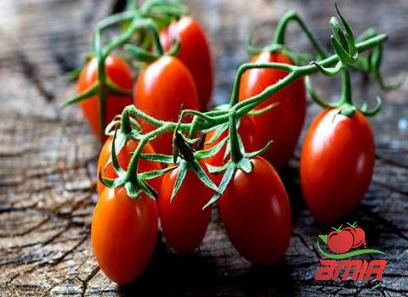
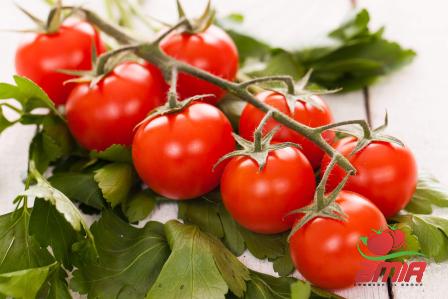
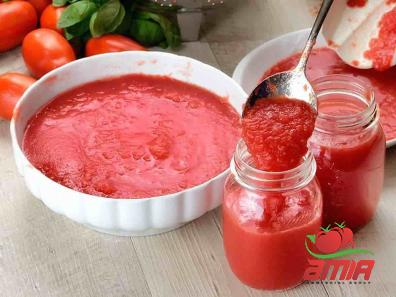
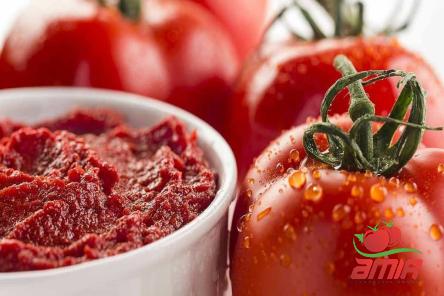
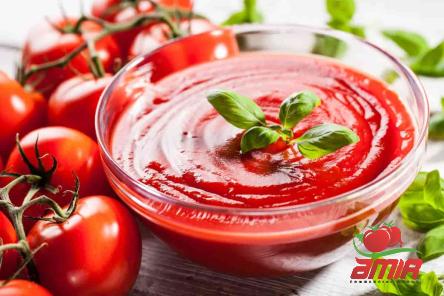
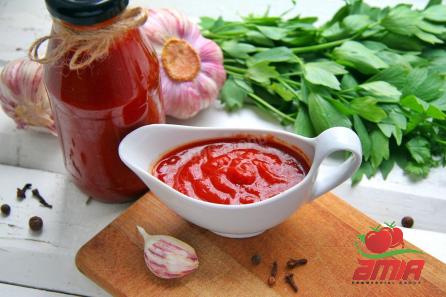
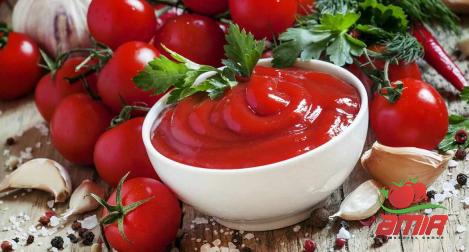
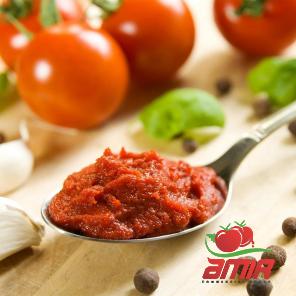

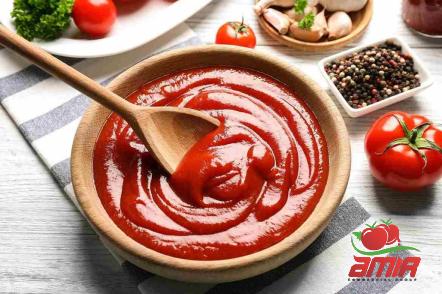
Your comment submitted.